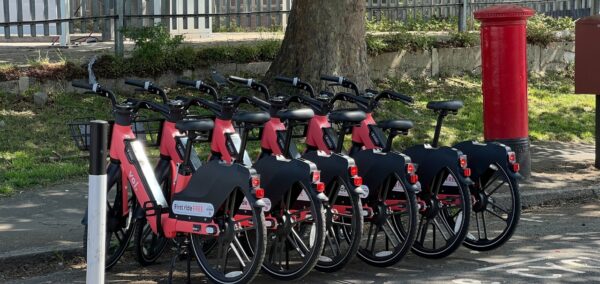
One in six students in Edinburgh had nowhere to live at the start of the semester
‘If I had known what I know now, I wouldn’t have come to Edinburgh’
15.9 per cent of students did not have their name on a tenancy agreement by the start of first semester, new data published by Slurp reveals.
Of the 1,300 people who participated in the survey, 10.4 per cent of undergraduate students were unable to find housing (excluding those incorporated into the university’s housing guarantee, such as first years).
Additionally, 24.4 per cent of postgraduate students were unable to secure housing by the start date of the 18th September.
According to the data revealed by the Edinburgh University society, transgender and non-binary students were “significantly more likely to be unhoused than cisgender students, at 16.7 per cent and 12.9 per cent respectively.”
Widening Participation students, described on the university website as those who are from “deprived communities and under-represented groups” were also more unlikely to have found housing, and out of those surveyed with specific accessibility, more than half were homeless at the beginning of the academic year.
96.9 per cent of those that Slurp surveyed agreed that: “Any student who tells their university that they are homeless should be offered emergency accommodation.”
As part of their survey, Slurp sourced testimonies from those affected.
One anonymous PhD student said: “The cost of rent and lack of affordable and appropriate accommodation is becoming a daily stress that is starting to overtake my PhD as a priority – if I had known what I know now, I wouldn’t have come to Edinburgh.”
Another student had to stay in an Airbnb for six weeks as they couldn’t find housing, costing them and their roommate £1,500 each.
Lawrence Williams, the Co-President of Slurp, spoke to LBC, saying the results were “really shocking” and that it not only indicated a lack of physical housing but a lack of affordability and accessibility in the housing market.
Most Read
“We think universities need to offer an emergency housing guarantee where if any student tells them they are homeless that student will be guaranteed some form of emergency accommodation.
“Currently neither the councils nor the universities want to provide that guarantee and it means students are falling through the gaps.
“As a result that emergency accommodation didn’t fill up but we were still seeing students day to day sofa surfing, commuting long distances and living in hotels.”
One of the students surveyed by Slurp was one of those who “sofa surfed” and said that the experience “was particularly dangerous and emotionally distressing.”
In response to LBC, a spokesperson for the University of Edinburgh said: “Ensuring our students have a safe and stable place to live is one of our top priorities. Every year we provide a guarantee of accommodation for groups of students, including all new undergraduates from outside Edinburgh who are studying for the full academic year and who apply by the deadline.
“This year, as last year, we met this guarantee and provided housing to more than 2,000 additional students over and above that. We have rooms still available for emergency situations where students find themselves without a place to stay, as well as longer term rental options.
“The causes of homelessness are varied and we have many services available to support those who find themselves at risk of becoming homeless, for whatever reason, including hardship funding for those most in need.”


















